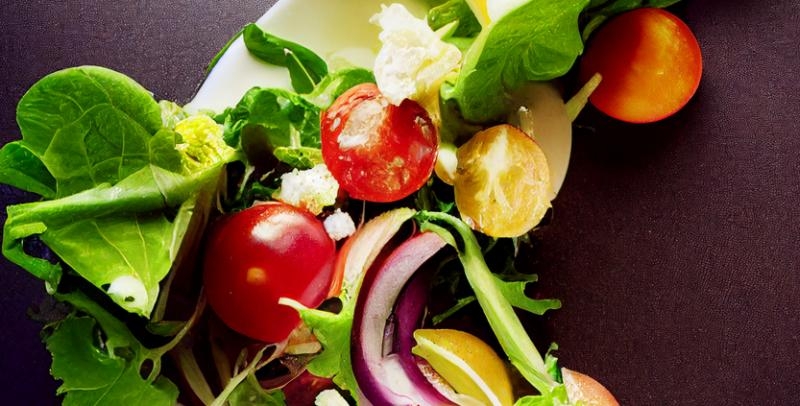Seed-to-Table Movement: Know Your Food's Origins

Growing Roots in Your KitchenNothing kicks off a meal quite like knowing where your food started its journey. Imagine a tomato that has seen the world, perhaps on a vacation or two—sunbathing in a garden, maybe even visiting the fridge for a late-night snack! The seed-to-table movement is all about cultivating that connection between you and the humble origins of your food. This movement encourages people to look beyond the grocery aisle and reconnect with the roots—literally. It's not just about plucking a fresh basil leaf; it’s about appreciating that it didn’t just spontaneously appear in your salad. That basil plant was once a tiny seed that dreamed of becoming the next top chef’s garnish!Benefits Beyond the BountyIt's not just about the thrill of knowing your food's backstory (although nothing beats a thrilling plot twist in your salad bowl). There are real benefits to embracing this movement: - Healthier Choices: Fresh, locally-sourced produce often packs more nutrients than its grocery store counterparts, which might have played a game of hide-and-seek in the back of the produce section.
- Sustainability Matters: Supporting local farmers reduces your carbon footprint, unless you’re riding a unicycle to the farm—then you might actually be making a larger splash in the aquatic ecosystem.
- Community Connection: Getting to know local growers can turn you into a food gossip columnist. “Did you hear about the zucchini that was overwatered? It’s a big deal.”
Where to Begin: So Many Seeds, So Little TimeEmbarking on the seed-to-table journey can feel a bit like trying to pick a favorite child—impossible! But fret not. Starting small and making a few changes can make all the difference. Here are a few steps to get you germinating: - Visit Local Farmers' Markets: There’s nothing quite like perusing fresh produce and pretending to know your kale from your chard. Plus, you can engage in thrilling conversations about heirloom tomatoes.
- Grow Your Own: If you have the space, consider starting your own garden. There’s something magical about watching a seed transform into a plant. You might even develop an emotional bond—just don’t start naming them, or it’ll get awkward at harvest time.
- Cook Seasonally: Developing a seasonal cooking approach can be akin to being a food stylist. Suddenly, the dishes are frivolously flaunting vibrant colors like they’re on a runway!
Understanding the Chain of CustodyWhen a food item travels from farm to table, it’s a bit like a reality show—there are producers, contestants, and occasionally a surprise twist that changes everything. Understanding the 'chain of custody,' or the journey your food takes, can be an eye-opening experience. From the farmer's hands to your plate, every step matters.Not all heroes wear capes; some wear sun hats and carry baskets. Knowing the people behind your food provides a profound appreciation and gives you an excuse to invite them to dinner. “Hey, come over! I want to thank you for this delicious tomato!”The Gist of It: A Flavorful FinaleThe seed-to-table movement is more than a trend; it’s an invitation to be part of a larger conversation about our food system. It’s a chance to cultivate not only your garden but also your appreciation for the journey that food takes to arrive at your table. Remember, every meal can become a narrative—one filled with fresh ingredients, local friendships, and perhaps a few culinary misadventures. By embracing this movement, you’re not just eating; you’re participating in an experience, turning each bite into a story worth savoring. So, food's not just a meal; it’s a ticket to the story of the land, the farmers, and the magical journey from seed to scrumptious plate. Give that tomato a round of applause next time it makes it to your salad!
|
|







